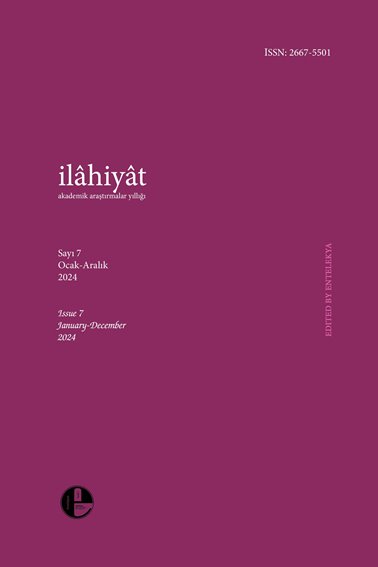Some Prominent Orientalists and Their Criticisms on the History of the Qur'an between the Eighteenth and Twentieth Centuries
Keywords:
Tafsir, Qur’an, orientalist, orientalism, Western world.Abstract
This study discusses the views and thoughts of the orientalists who lived between the eighteenth and twentieth centuries on how the Qur'an has reached the present day. In the article, some of the main claims put forward by orientalists about the history of the Qur'an and the answers and explanations given to these claims are presented. The fact that many of the claims put forward by the orientalists in this period are still influential and discussed today has been effective in taking the last two hundred years in our article. In the study, the views claimed by the orientalists and some of the effects of these views on the Islamic world and their contributions, if any, are analyzed. The orientalists' analyses of the Qur'an generally concentrated on the history of the Qur'an, the way it has come to the present day, for example, how it descended to the Prophet, how it descended to the Prophet, whether there was any intervention and how it continued afterward, whether there was any intervention, and finally, whether the Qur'an emerged as a result of revelation. The main reason for these criticisms and analyses of Orientalists is to claim that the Qur'an conflicts with Western values and that the Qur'an and Western values cannot come together. Another reason for these objections is to emphasize that the Qur'an continues previous holy books and that Islam is the successor of prior religions. In this context, in our study, we aim to discuss and evaluate some of the prominent thoughts of orientalists about the Qur'an and the responses of Islamic thinkers to these thoughts.
Downloads
Published
Issue
Section
License
Copyright (c) 2024 Zeynep Akbudak

This work is licensed under a Creative Commons Attribution-NonCommercial 4.0 International License.




